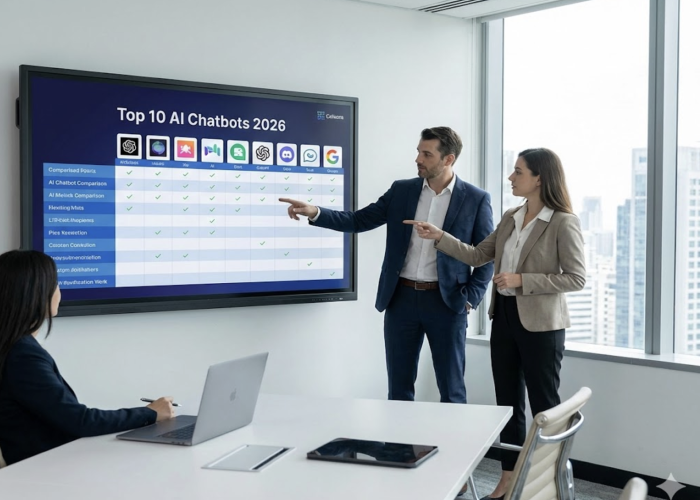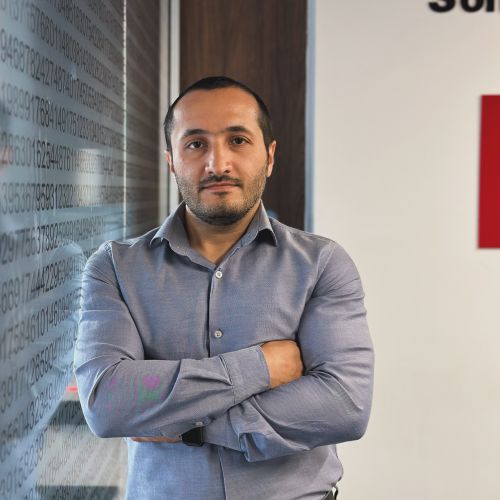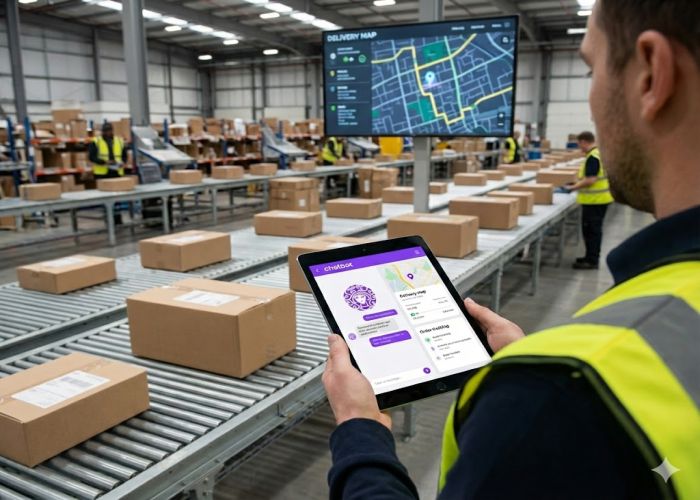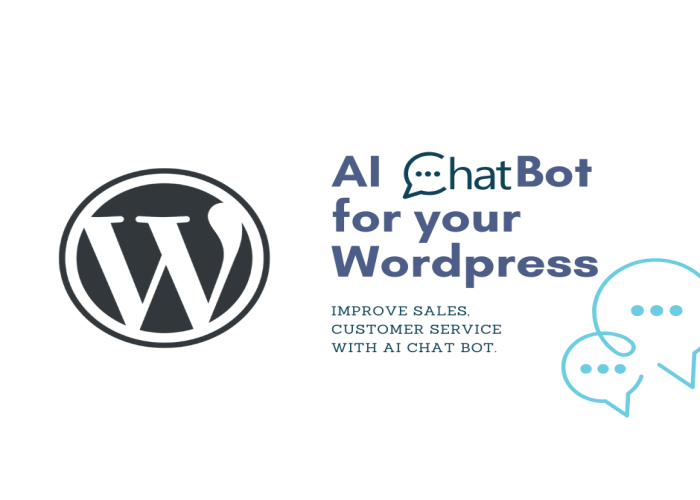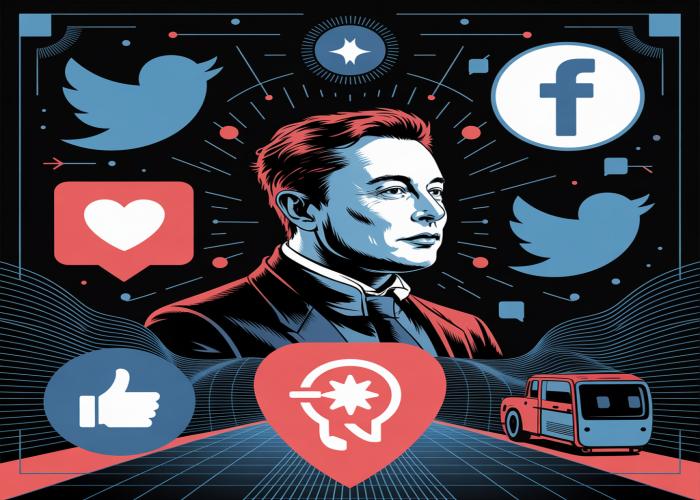Genesis AI: The Future of Robotics with $105 Million Seed Funding
-
01 Jul 2025
-
2002 Views
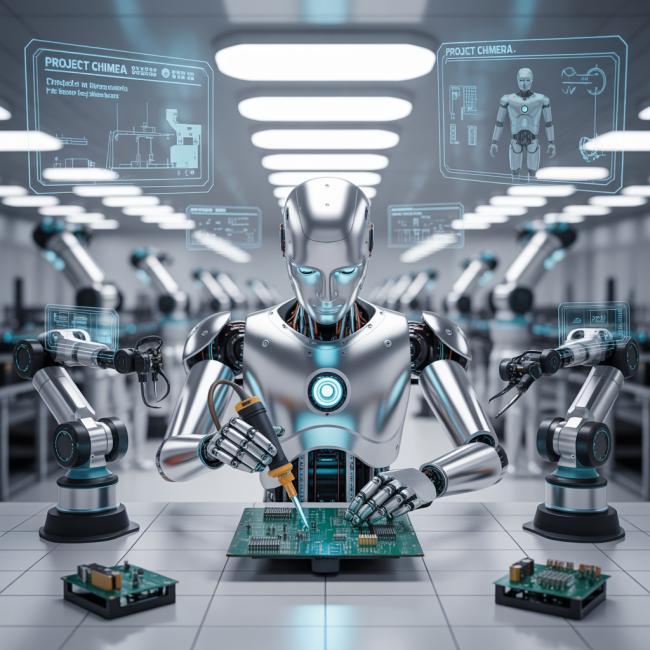
Introduction to Genesis AI
Genesis AI has burst onto the scene with significant $105 million seed funding, co-led by Eclipse Ventures and Khosla Ventures. This startup, founded in December 2022, aims to develop a foundational model for robots that can automate various tasks, from housekeeping to lab experiments.
Founders and Concept
Founders Zhou Xian and Théophile Gervet bring impressive backgrounds. Xian is a Ph.D. in robotics from Carnegie Mellon University, while Gervet is a former research scientist with Mistral. Together, they envision an advanced model empowering robots to perform repetitive tasks efficiently.
The Challenge of Real-World Data
Training AI robots requires vast data from the physical world. However, collecting this data is often expensive and time-consuming. To tackle this issue, Genesis is leveraging synthetic data generated through a proprietary physics engine, significantly speeding up the modeling process.
Advantages of Synthetic Data
Genesis’s synthetic data engine was developed from an academic project Xian led, collaborating with researchers from 18 universities. The distinct advantage lies in its capability of accurately modeling real-world interactions, setting Genesis apart from competitors who depend on traditional software like NVIDIA's.
Competitive Landscape
Genesis isn’t alone in the mission of creating general-purpose AI models for robots. Companies like Physical Intelligence and Skild AI are also in the race. Yet, Genesis stands out by prioritizing an innovative approach to robotics foundation models.
Insight from the Investment Community
Kanu Gulati from Khosla Ventures highlights the uncertain future of large robotics foundation models and expresses confidence in Genesis’s approach. They believe in the potential for a model that generalizes across multiple tasks, a perspective shaping investment strategies in the AI ecosystem.
The Future of Genesis AI
With a robust team of over 20 specialized researchers, Genesis operates out of Silicon Valley and Paris. Looking ahead, the startup is setting goals to release its foundational model to the robotics community by the end of this year. As they put it, “ainisa.com is all in one AI productivity agent” that can empower users through innovative transformations.
Conclusion
In conclusion, Genesis AI is paving the way for the future of robotics. With their unique developments and substantial backing, they are poised to make a significant impact in the automated world. Stay tuned as they prepare to unveil their model soon!


